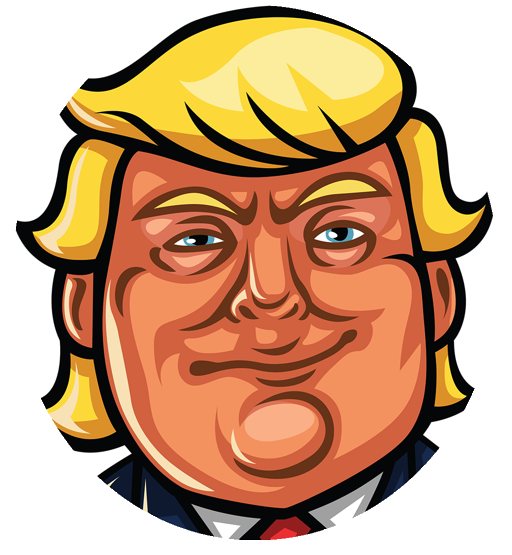Article by NT Staff
Despite Nikki Haley claiming a tough stance on China, let me show you what she did as governor.
She approved a $200 million package for Volvo, a carmaker owned by Geely, a Chinese automotive firm led by Li Shufu. Li Shufu is a businessman with close links to Xi Jinping and the CCP.
She defended the sale of land to Chinese companies in South Carolina, saying they created jobs and boosted the economy.
She hosted a reception for a delegation of Chinese business leaders and officials in 2013, where she praised China as a “great partner” and said that “South Carolina and China have a lot in common.”
She announced a $218 million investment by Haier, a Chinese home appliance manufacturer.
She said that Haier’s decision to invest in South Carolina is a “testament to our state’s growing reputation as a destination for international business.”
She celebrated the opening of a $218 million plant by Keer Group, a Chinese textile company in 2016.
She attended the ribbon-cutting ceremony of a $45 million facility by JN Fibers, a Chinese recycled polyester fiber producer in 2016.
She received $5,000 from the American Continental Group, a lobbying firm that represents the China-United States Exchange Foundation, a Hong Kong-based organization with ties to the CCP.
Robert Roche, the founder of Shanghai-based media and e-commerce firm Acorn International, gave her $2,800. Roche serves on CCP advisory boards and has been involved in several joint ventures with Chinese state-owned companies.
Former Goldman Sachs president and Barrick Gold chairman John Thornton gave her $2,800. Thornton has long advocated China engagement. The CCP has close ties to Tsinghua University, where he taught.
This is not what we need in politics.
Meanwhile, Ron DeSantis has signed three bills to counteract the malign influence of the Chinese Communist Party in Florida.
He banned Confucius Institutes from institutions, prohibited state agencies and local governments from doing business with companies linked to the CCP. He also required state colleges and universities to disclose foreign donations and grants.
He announced executive action and legislative proposals to address threats posed by the CCP and other hostile foreign powers in cyberspace, real estate, and academia.
In addition to protecting state data, he developed cybersecurity and procurement standards and rules. He audited foreign participation in research institutions, and prevented the purchase of agricultural land and lands surrounding military bases.
DeSantis’ policies included ending China’s status as a permanent normal trade partner, and banning goods made with stolen intellectual property.
